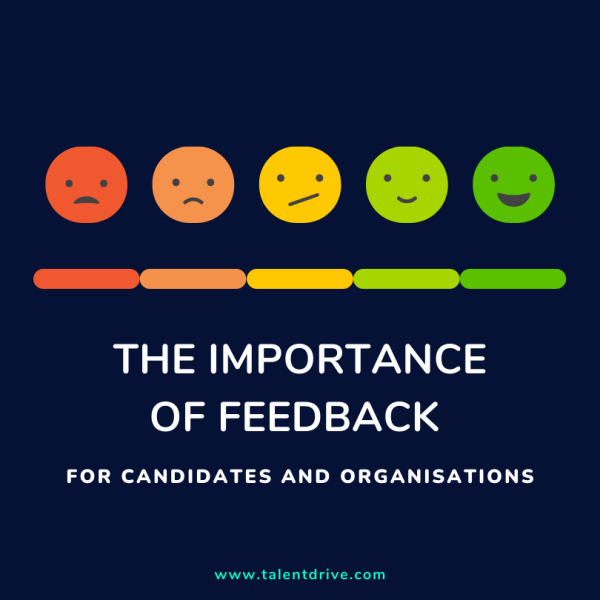As a hiring manager, conducting back-to-back interviews can start to feel like a marathon—exhausting, mentally draining, and sometimes repetitive. If you’ve reached the point where interviews feel more like a chore than an opportunity to find the best talent, you’re likely experiencing interview fatigue. This is a common issue, but the good news is that there are practical strategies to breathe new life into the hiring process, helping both you and the candidates have a better experience.
Here are a few tips to refresh your approach and bring some much-needed energy back into your interviews:
1. Streamline the Process: Batching and Panel Interviews
One of the best ways to combat interview fatigue is by streamlining the process. Instead of holding multiple rounds of one-on-one interviews, consider implementing panel interviews. This allows for a more comprehensive assessment of candidates in fewer sessions, saving time and energy. By getting input from multiple people at once, you also reduce the need for repetitive interviews.
Why it helps: You cut down on redundant discussions and ensure that more voices are involved in the decision-making process, all while reducing your interview load.
2. Pre-Screen Candidates with Assessments
Don’t waste time interviewing candidates who aren’t a good fit. Use pre-interview assessments or short initial screenings to filter out less qualified candidates. This way, only those who meet your key criteria move on to the full interview process.
Why it helps: By narrowing down the pool early on, you reduce the number of interviews you need to conduct, keeping the process focused and productive.
3. Delegate Screening Tasks
Hiring managers often feel they must handle every step of the process, but you don’t have to go it alone. Lean on your recruitment partners or internal HR team to take care of initial screenings. Delegating tasks like these gives you more time to focus on interviewing the strongest candidates. Additionally, involving other colleagues and stakeholders in early-stage interviews can help provide a well-rounded perspective.
Why it helps: It reduces your workload and engages your team, giving candidates a fuller experience of your company while also sharing the responsibility.
4. Rotate Interviewers for Fresh Perspectives
If the same people are involved in every interview, it can lead to tunnel vision. Consider rotating interviewers, bringing in different team members at various stages of the process. Fresh eyes can provide new insights, challenge biases, and help validate or question assumptions about a candidate’s fit.
Why it helps: A rotating team keeps the process fresh, prevents groupthink, and encourages diverse opinions in the final decision.
5. Take Breaks and Avoid Burnout
Interviewing all day without breaks is a fast track to fatigue. Taking short breaks between interviews allows you time to process each candidate’s strengths and weaknesses before jumping into the next one. This downtime can help you stay sharp and engaged throughout the day.
Why it helps: Breaks allow you to clear your mind, making sure you’re giving each candidate a fair and focused evaluation.
6. Practice Efficient Time Management
Time is valuable for both you and the candidates. If you recognise early on that a candidate isn’t the right fit, don’t hesitate to close the interview early, while providing professional and constructive feedback. Dragging out an interview that isn’t going anywhere benefits no one.
Why it helps: You save time, and candidates appreciate honesty, even if the answer is “no.” It ensures that everyone leaves the experience feeling respected.
7. Stay Objective and Avoid Decision Fatigue
Decision fatigue can creep in when you’ve had a long day of interviews and are trying to weigh all the different factors. Combat this by using a standard scorecard or evaluation system for each candidate. Setting a time limit for making decisions helps keep the process efficient and objective.
Why it helps: A standardised approach keeps you focused on measurable criteria and reduces the likelihood of subjective or emotion-driven decisions after a long day.
By incorporating these strategies into your hiring process, you’ll not only combat interview fatigue but also make the experience smoother and more efficient for everyone involved. Hiring doesn’t have to be an overwhelming task; it can be a structured, enjoyable process that yields the best talent for your team.
If you’re feeling the strain of recruitment or need a fresh perspective, feel free to reach out. We are always here to help streamline your process and make it as efficient and enjoyable as possible!


